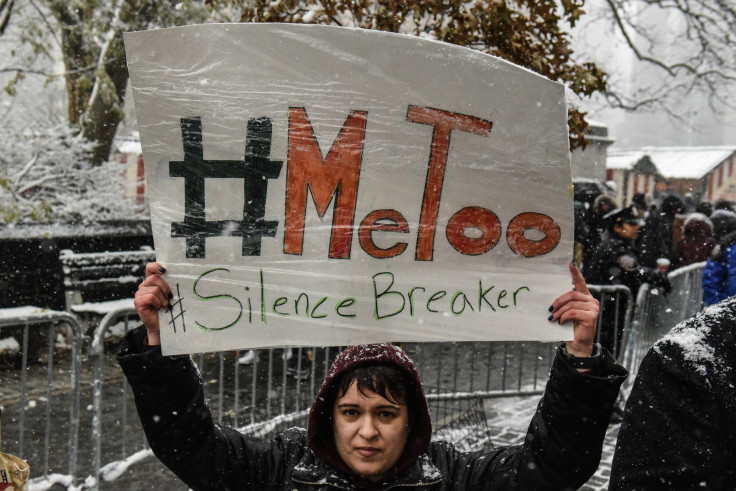China's #MeToo Movement #WoYeShi Gathers Momentum, Prominent University Professor Suspended

The #MeToo movement has not only brought sexual harassment to the mainstream American discourse in unprecedented ways, but also inspired similar campaigns in many other countries.
Chinese students and activists have initiated various drives, including providing platforms on social media, to make sure victims of harassment have a voice and the perpetrators are brought to book.
After a slow take-off due to stringent social media laws and an inherently conservative society, the movement dubbed #WoYeShi claimed its first scalp last week after a Beihang University professor was removed following several allegations of sexual misconduct against him by students.
An investigation by the university found professor Chen Xiaowu “did sexually harass female students,” a Washington Post report said.
Chen would be fired from his post as vice president of the university and his teaching license revoked, the university said.
The professor was accused by a Chinese academic living in the United States on the country’s social media of making unwanted sexual advances on her while she was a student at the university. After Luo Xixi made her accusation public, five other students came forward with similar allegations against the professor.
Chen's ouster was termed an “initial victory” in a statement by Luo, and it seems likely more heads would roll in the coming days as the movement gathers momentum, especially in the country’s college campuses.
Over the last fortnight, students and alumni from dozens of Chinese universities launched online petitions demanding schools to chalk out policies to prevent sexual harassment on campus, which is widely prevalent but rarely reported.
A survey last year by the Guangzhou Gender and Sexuality Education Centre and law firm Beijing Impact found that even though more than 69 per cent of Chinese university students had experienced some form of sexual harassment, less than 4 percent reported it, South China Morning Post (SCMP) reported.
In a letter to the prestigious Tsinghua University in Beijing last week, many alumni and students outlined six steps to combat sexual harassment, including launching an anti-sexual harassment committee, setting up reporting channels and improving sex education, the SCMP reported.
Lawyer Huang Yizhi, a Tsinghua alumna and one of the co-authors of the letter, said the stories that had emerged so far were only “the tip of the iceberg." She said the conversation at universities about sexual harassment would spur women across society in China to speak out against sexual abuse.
“If college students with a certain level of awareness [of the issue] talk about it, it will give other, younger, people the confidence to tell the university how they feel about sexual harassment,” she told the SCMP. “By starting at the university level, people across society will see this as well.”
Similar letters were sent to universities in Beijing, Shanghai and Hong Kong, though online censorship makes it difficult to ascertain the exact number of varsities where the campaign was initiated.
Activists also said strict censorship rules marred efforts to spread the message around as posts about the campaign were repeatedly taken down from social media platforms.
However, Huang said she was hopeful the movement would lead to a better atmosphere, where victims would not be hesitant to speak out against sexual harassment.
“Why would China still have people speaking out, even in these difficult conditions?” she said. “Even after the posts are deleted, they are still doing it. This is promising.”
© Copyright IBTimes 2024. All rights reserved.





















